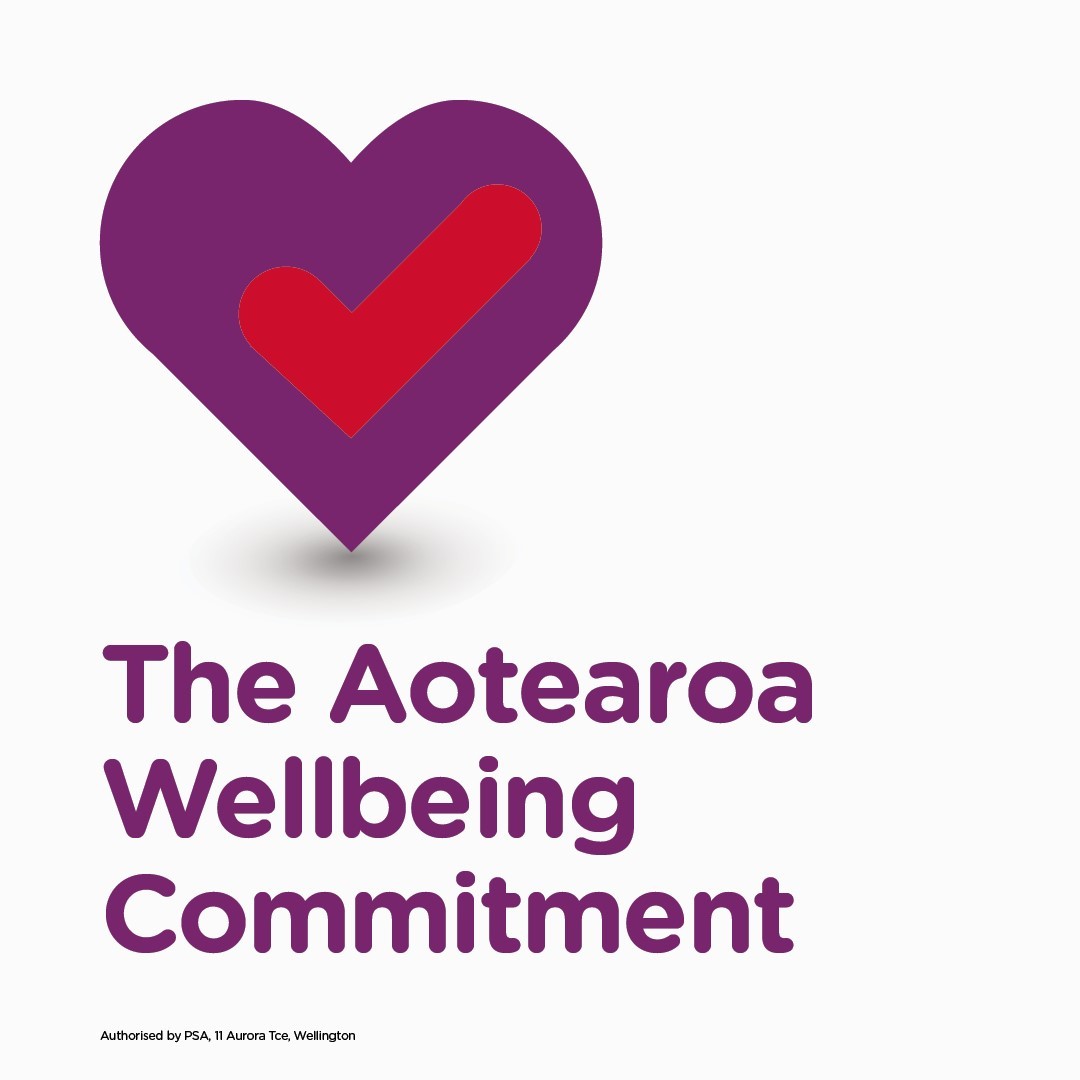Social Prosperity Public Services
Andrew Percy
New Zealand's 102 day stretch without any new Covid cases three months before their next general election provides an opportunity to see what kinds of priorities emerge in a society that has just experienced a shock that stretched its welfare system to its limits. New Zealand’s government and society have received plaudits internationally for their swift and effective response to the pandemic however, like many most developed societies, the pandemic also revealed weaknesses in the pre-existing coverage and effectiveness of public services. It was the "essential workers", many of whom are part of local government and social services, that bore the brunt of the effort and demonstrated the courage and commitment on which everyone else relied. The beginning of the election campaigns in mid July literally offered a breathing space within which some perspective could emerge and lessons distilled into priorities for the future.
The decision of New Zealand's largest trade union, the Public Service Association, to centre their campaign on Universal Basic Services is particularly interesting as a potential indicator of the priorities that will rise to the surface on the post pandemic world. The PSA have taken the principles behind Universal Basic Services and created a package of enhanced services that a new government could easily incorporate into a revitalized safety net with broad benefits across society. The Aotearoa Wellbeing Commitment calls for enhanced access to public transport via a travel pass top-up scheme and for the rollout of free WiFi Internet service across public buildings and social housing to ensure that everyone can get connected.

The problems with access to remote schooling, community support services, and public assistance programs have plagued every country and New Zealand has been no different. The pandemic has provided a clear cut example of the essential nature of online access for everyone's ability to participate in modern society. Ensuring that everyone has the connectivity, devices, and skills to use digital services is now as essential as water and electricity, as are all the people who keep those services running. IT workers have been commonly classified as “essential” during lockdowns because we recognise the importance of these services and the same logic applies to guaranteeing universal access post-lockdown.
The PSA’s presentation of Universal Basic Services is also interesting for the practical approach they have taken to implementation. The Aotearoa Wellbeing Commitment incorporates the excitement of addressing inequalities, climate concerns and strengthening the resilience of communities all at the same time and combines that with a concern for practical implementation that you would expect from an association of essential workers with a keen eye on actually making a difference on the ground. For each service they propose “First Steps” for incremental, achievable interventions that can be started now and will have the broadest impact on increasing social security and reducing living costs. In the post pandemic world this kind of practical action driven by the experiences of the essential workers who were on the frontlines of societies’ defences is likely to be a strong theme driving the development of policy and the focus of future investments.
This glimpse into a possible future suggests that an emphasis on basic services that contribute to the resilience and capacity of communities will be a common sense priority in our post pandemic societies.
Image credit: Federico Beccari on Unsplash
Fatemeh Sadeghi
30 May 2024 Feminists in the Global South have stepped out of the conventional territories of ‘women’s matters’ into more fund...